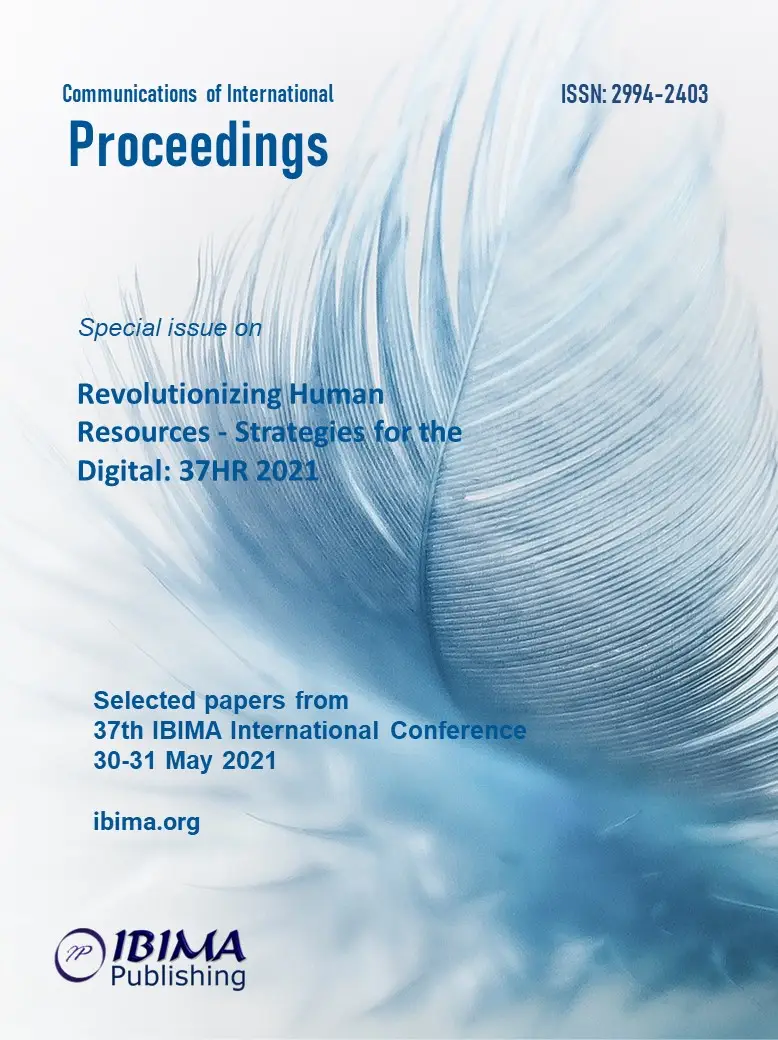

ADEJUMO BABAFEMI ADESINA, EBE IGBINOBA, ADEJAYAN OREOLUWA YETUNDE and MENYELIM CHIMA
Covenant University, P.M.B 1023, Ogun State, Nigeria

This study assessed the relationship between Employee’s Delegation and Collective Bargaining in decision making process and organizational performance. A Lagos State owned General Hospital in Igando, Alimosho area was used as the study case. The study sought to find out the influence of employees’ delegation on the performance of the hospital; and find out the influence of Collective Bargaining on the performance of the hospital. Quantitative method was used in the selection of respondents and collection of data. A sample size of 134 was required to answer the questionnaire out of the entire population of 200 going by the Yamane sample size calculation, but after administering the questionnaires via the social group where the staff belonged to, total of 142 respondents correctly filled questionnaires were recovered, this helped to increase the sample size. The data was captured in MS Excel and analysed using Statistical Package for Social Scientists (SPSS). Pearson’s Chi Square test and linear by linear association were used to determine the relationship between Employees’ delegation and collective bargaining and performance of the organization. The analysed data was presented in form of frequency tables and percentages. Based on the objectives and corresponding results of the study, improvement of the performance of government owned hospitals is a function of employees’ delegation and collective bargaining. Although the level of significance differs relatively, all the variables have a considerable influence on the performance of the government owned hospital. Increasing employees’ delegation and collective bargaining effort is a long term process which will demand high level of understanding and acceptance from the management. The study recommended that delegation of employees should be considered as an approach to aid management processes towards achievement of organizational goals; Collective bargaining should be allowed in decision making so that the employees and management can find a common ground and decisions would not be one sided. These steps and approach rather than mere reward and incentive is what will aid and improve better performance of the organization on the long run.